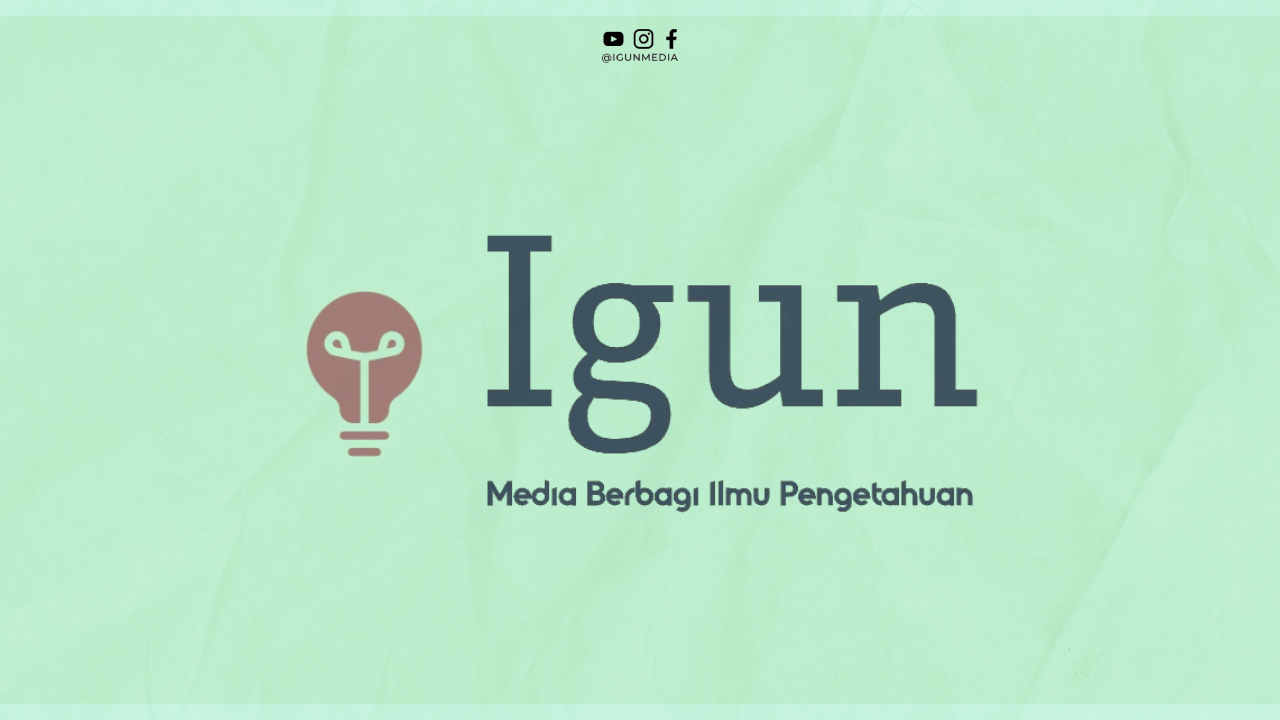Introduction
Gmail, the popular email service provided by Google, has revolutionized the way we communicate online. With its user-friendly interface, powerful features, and ample storage space, Gmail has become the go-to choice for individuals, businesses, and organizations around the world. In this article, we will explore the various aspects of Gmail, from its history and key features to tips and tricks for optimal usage.
A Brief History of Gmail
Google launched Gmail on April 1, 2004, as an invitation-only service. Initially offering a staggering 1GB of storage space, Gmail quickly attracted users with its impressive storage capacity compared to other email providers at the time. Over the years, Google has continuously improved and expanded Gmail, adding new features and enhancing its functionality.
Key Features of Gmail
Gmail offers a plethora of features designed to enhance productivity and simplify email management:
1. Intuitive Interface
Gmail’s clean and user-friendly interface makes it easy to navigate and organize your emails effectively. With its drag-and-drop functionality, you can effortlessly move emails between folders, categorize them with labels, and archive or delete messages.
2. Ample Storage Space
One of Gmail’s standout features is its generous storage capacity. Users are provided with 15GB of free storage, shared across Gmail, Google Drive, and Google Photos. This ensures that you can store a vast number of emails, attachments, and files without worrying about running out of space.
3. Powerful Search Functionality
Gmail’s advanced search capabilities allow you to find specific emails quickly. You can search by sender, subject, keywords, or even filter emails by date range. Gmail’s search operators enable you to refine your search further, making it easier to locate specific messages.
4. Spam Filtering and Security
Gmail incorporates robust spam filters that effectively block unwanted and malicious emails from reaching your inbox. Additionally, Gmail’s secure encryption protocols protect your sensitive information and ensure the privacy of your conversations.
5. Integration with Other Google Services
Gmail seamlessly integrates with other popular Google services, such as Google Calendar, Google Drive, and Google Meet. This integration allows you to manage your schedule, share files, and initiate video conferences directly from your inbox.
Tips and Tricks for Optimal Gmail Usage
1. Keyboard Shortcuts
Save time navigating through Gmail by utilizing keyboard shortcuts. Enable keyboard shortcuts in your Gmail settings and learn the various shortcuts available, such as “C” to compose a new email or “R” to reply to a selected message.
2. Labels and Filters
Organize your inbox efficiently by utilizing labels and filters. Create custom labels to categorize your emails and set up filters to automatically apply labels, archive, or forward specific messages based on predefined criteria.
3. Undo Send
Ever regretted hitting the send button too soon? Gmail’s “Undo Send” feature allows you to retract an email within a few seconds after sending. Enable this feature in your Gmail settings to avoid those embarrassing moments.
4. Multiple Inboxes
If you have multiple email accounts or want to manage different types of emails separately, Gmail’s “Multiple Inboxes” feature comes in handy. Customize your inbox to display multiple panes, each showing a specific category of emails.
5. Offline Access
Stay productive even when you don’t have an internet connection. Enable Gmail’s offline access feature, which allows you to view, compose, and search for emails offline. Your actions will be synced once you regain an internet connection.
Conclusion
Gmail has undoubtedly revolutionized email communication. Its intuitive interface, ample storage space, powerful search functionality, and integration with other Google services make it an indispensable tool for individuals and businesses alike. By following the tips and tricks mentioned in this article, you can maximize your productivity and make the most out of Gmail’s extensive features.

